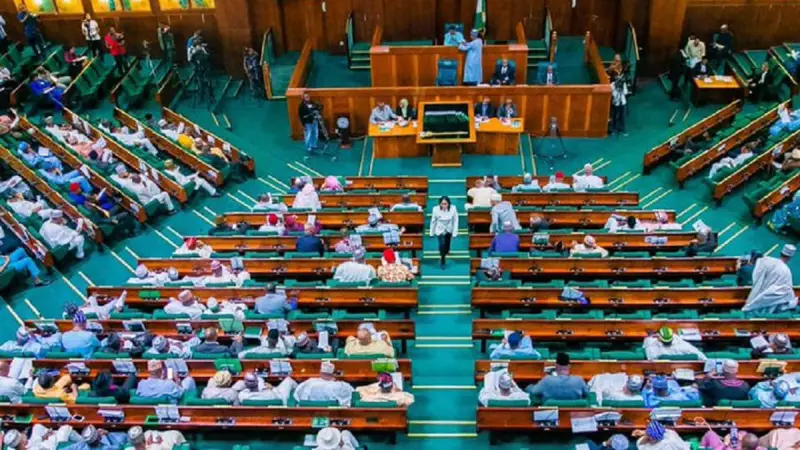
The Nigerian House of Representatives has taken the dramatic step of suspending all legislative activities for one week, citing mounting pressure from contractors who haven't been paid for services rendered to the federal parliament.
This unexpected development has brought lawmaking to a temporary halt, raising serious questions about financial management within the National Assembly complex. The suspension affects all scheduled debates, committee meetings, and legislative proceedings that were planned for the coming week.
Contractors Demand Payment
According to sources within the parliament, numerous contractors who have provided various services to the House of Representatives have been intensifying their demands for outstanding payments. These service providers have reportedly been visiting the National Assembly complex regularly to press for the settlement of their debts.
The situation reached a critical point when the leadership of the House determined that the constant presence and demands of these unpaid contractors were creating an environment unsuitable for productive legislative work.
Transparency Concerns Surface
This suspension has sparked fresh concerns about transparency in government expenditure, particularly regarding how funds allocated to the National Assembly are being managed. Critics are questioning why contractors haven't been paid despite budgetary allocations for such expenditures.
The one-week break is intended to allow for the resolution of these outstanding payments and restore normalcy to the legislative environment. However, it remains unclear exactly how much money is owed to contractors or what specific services these payments cover.
Impact on Governance
The temporary shutdown means that several important legislative matters will be delayed, including:
- Pending bills awaiting consideration
- Scheduled oversight functions
- Committee investigations and hearings
- Constituency matters requiring legislative attention
This development comes at a time when Nigeria faces numerous economic challenges, making the efficient functioning of all government arms particularly crucial. The suspension highlights the broader issue of payment delays to contractors across various government agencies, a problem that has plagued the country's public sector for years.
Observers will be watching closely to see if the one-week suspension achieves its intended purpose of resolving the payment disputes, or if this temporary measure might need extension as the House leadership works to untangle the financial complications.





